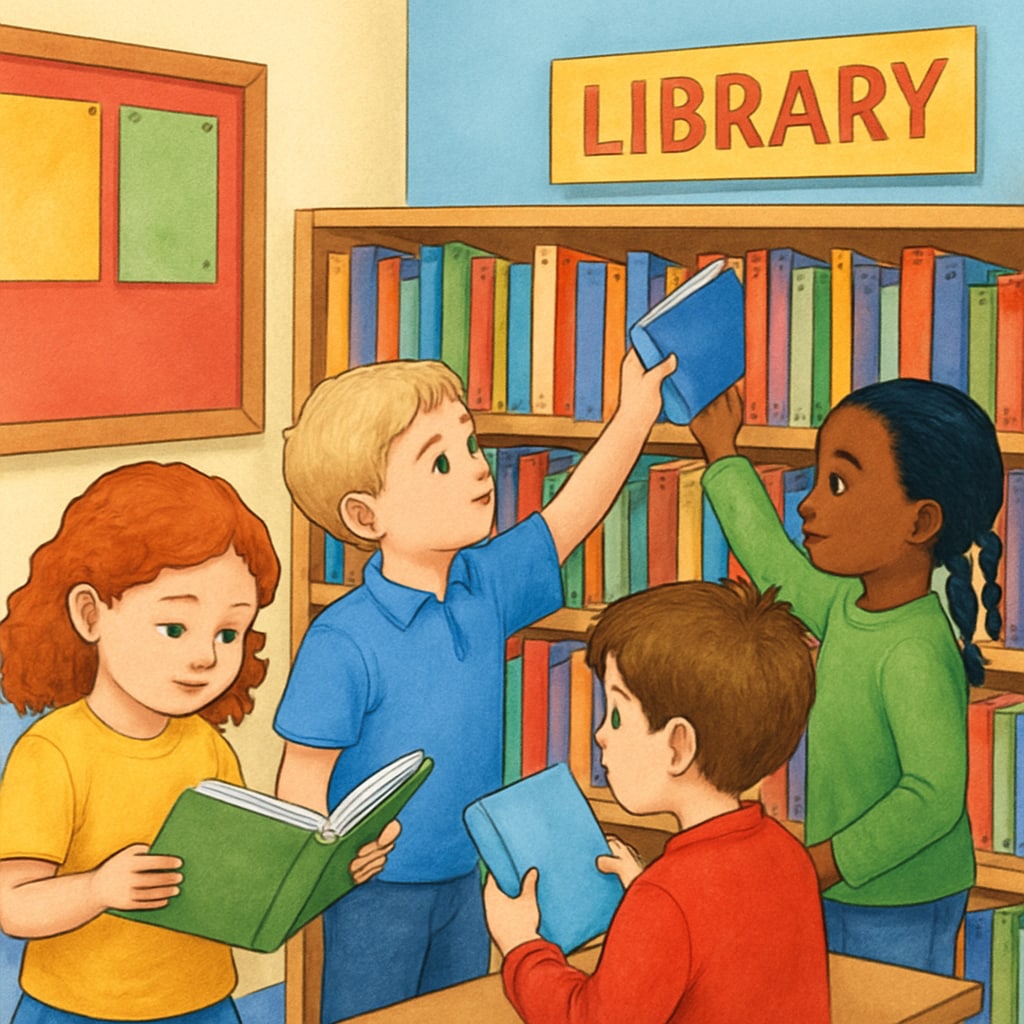Traditional approaches to reading comprehension tests, like the Accelerated Reader (AR) points system, have long been a staple in classrooms. While effective in tracking reading progress, they often fail to ignite genuine reading enthusiasm among students. This article explores the limitations of such systems and presents innovative alternatives designed to transform how young learners experience reading. By shifting focus from scores to meaningful engagement, educators can cultivate a lifelong love for reading.
Limitations of the AR Points System
The AR points system encourages students to read books and complete quizzes to earn points. While this gamified approach may initially motivate students, it often prioritizes quantity over quality. Students might select books based solely on point value rather than personal interest, undermining the goal of fostering authentic engagement. Additionally, the competitive nature of the system may marginalize students who struggle with reading, creating unnecessary pressure.

Innovative Alternatives to Enhance Reading Engagement
To replace AR points with meaningful methods, educators and parents can adopt strategies that prioritize individual growth, creativity, and collaboration. Here are three effective approaches:
- Personalized Reading Profiles: Create individualized reading portfolios for each student, documenting their interests, progress, and reflections. This approach allows students to explore books that resonate with them rather than adhering to a one-size-fits-all system.
- Multi-dimensional Feedback Mechanisms: Replace quizzes with creative alternatives like book reviews, drawings, or presentations. These activities encourage deeper interaction with the material and provide students with opportunities to express their thoughts in various formats.
- Community Reading Programs: Organize book clubs or community reading challenges to foster collaboration and discussion. Students can share their favorite books, exchange ideas, and celebrate their achievements collectively.

Bringing the Joy of Reading Back to the Classroom
Innovative approaches to reading comprehension tests can significantly improve students’ attitudes toward reading. For example, incorporating diverse feedback methods and personalized reading profiles helps students feel empowered in their choices. In addition, community-oriented programs foster a sense of belonging and encourage peer-supported learning.
Moreover, these methods can integrate seamlessly into existing curricula without requiring expensive resources. Open-source platforms, free online reading materials, and library partnerships provide affordable ways to enhance reading experiences. Initiatives like library outreach programs and book club models demonstrate how collaborative reading can become a cornerstone of educational success.
Conclusion: Moving Beyond AR Points
While AR points have played a significant role in reading comprehension assessments, they often fall short in sustaining long-term interest in reading. By adopting personalized, creative, and community-based alternatives, educators can inspire young readers to develop a genuine love for books. These solutions not only improve comprehension skills but also nurture a sense of curiosity and enjoyment that extends beyond the classroom.
Let’s move beyond AR points and embrace a future where reading is not just a task but an adventure, a conversation, and a source of joy for every young learner.


